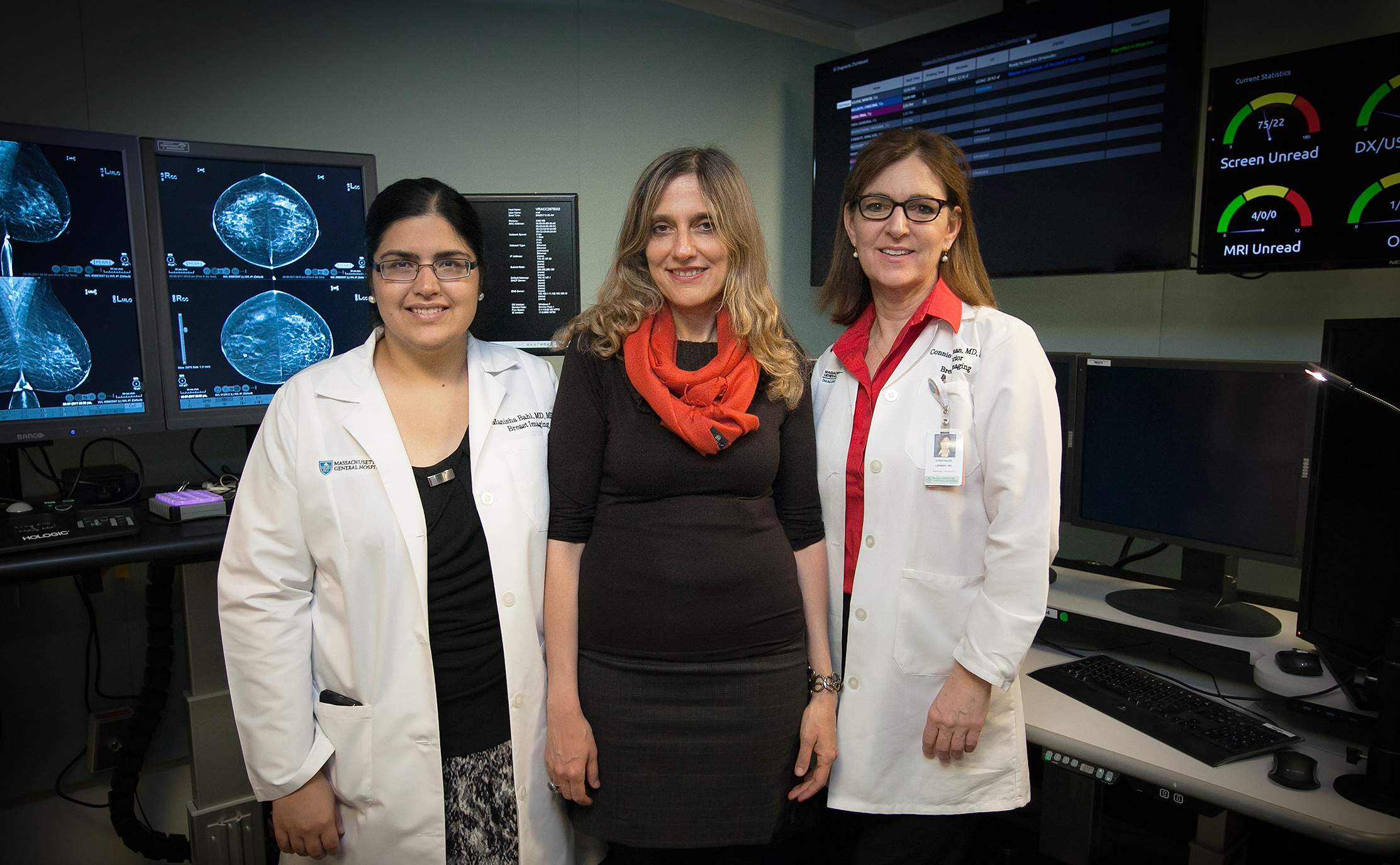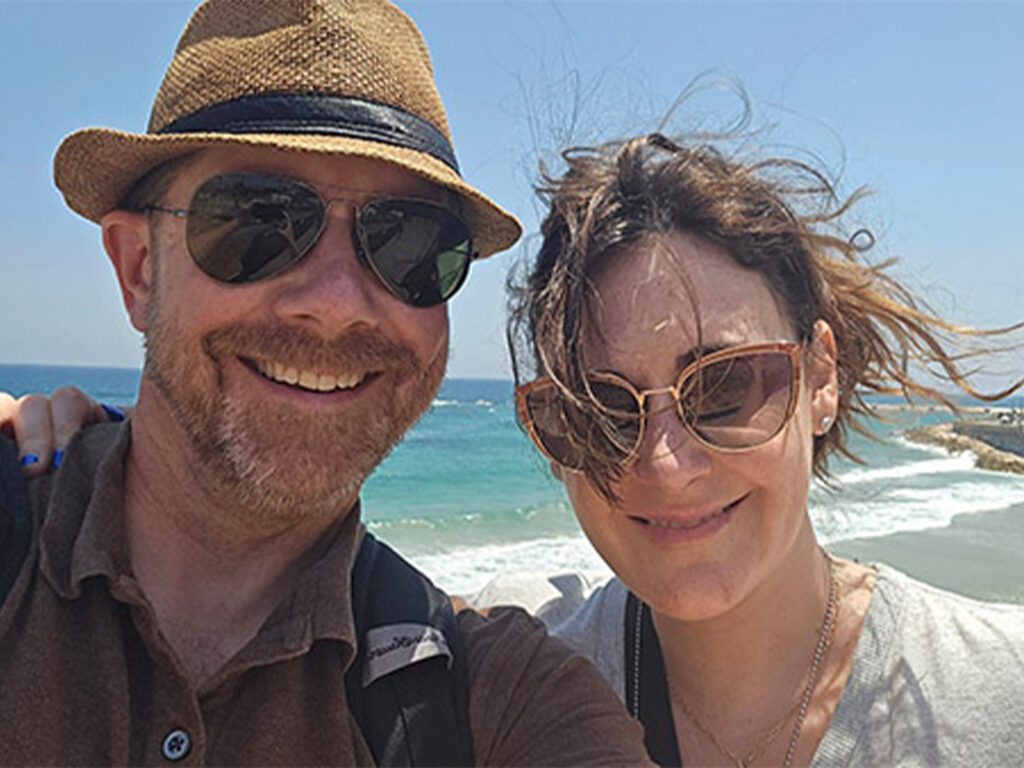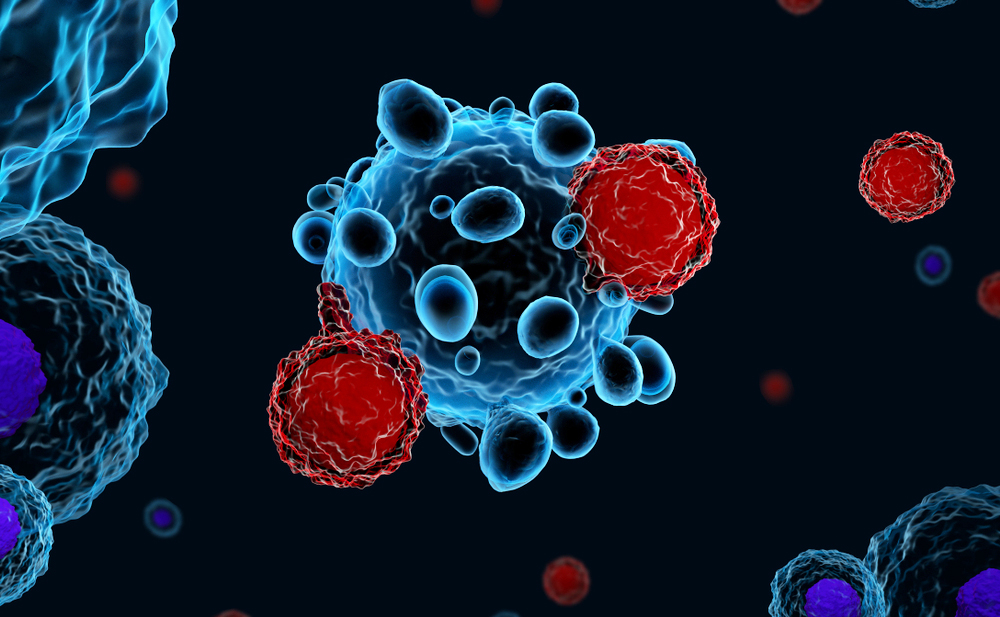Imagine enduring a painful, expensive and scar-inducing surgery — only to find out afterwards that it wasn’t necessary.
A change in the standard of care could be on the horizon thanks to a team of researchers at Mass General and MIT.
This is the situation for many women with high-risk breast lesions — areas of tissue that appear suspicious on a mammogram and have abnormal but not cancerous cells when tested by needle biopsy. Following surgical removal, 90% of these lesions end up being benign.
A change in the standard of care could be on the horizon thanks to researchers at Massachusetts General Hospital and MIT’s Computer Science and Artificial Intelligence Laboratory (CSAIL). They have harnessed the power of artificial intelligence (AI) to develop a more precise and less invasive way to separate harmful lesions from benign ones.
Extensive Amounts of Data
“The decision about whether or not to proceed to surgery is challenging, and the tendency is to aggressively treat these lesions [and remove them],” said Manisha Bahl, MD, director of the Breast Imaging Fellowship Program at Mass General.
Machine learning is a type of artificial intelligence. It is a new way of building computer algorithms, which are mathematical rules or procedures for solving problems. Machine learning works by providing a computer with extensive amounts of data.

In this case, researchers fed the computer data on over 600 high-risk lesions, including information on the patient’s demographics and pathology reports. They then asked the computer to identify patterns among the different data elements. This process differs from traditional software programming in that the researchers did not give the machine the formula for diagnosis, but rather let it analyze the data and identify patterns on its own.
When tested, the machine involved in the Mass General-MIT research correctly diagnosed 97 percent of 335 high-risk breast lesions as malignant and reduced the number of benign surgeries by more than 30 percent compared to existing approaches. These results were recently published in Radiology.
A Machine Learning First
“To our knowledge, this is the first study to apply machine learning to the task of distinguishing high-risk lesions that need surgery from those that don’t,” said collaborator Constance Lehman, MD, PhD, chief of the Breast Imaging Division at Mass General’s Department of Radiology. “We believe this could support women to make more informed decisions about their treatment and that we could provide more targeted approaches to health care in general.”
Dr. Lehman says Mass General radiologists will begin incorporating the model into their clinical practice over the next year.
To learn more about how you can support breast-imaging research at Mass General, please contact us.
The Research Institute: Saving Lives Through Science
 The Massachusetts General Hospital Research Institute is the largest hospital-based research program in the United States, with a community of over 10,000 people working across more than 30 institutes, centers and departments.
The Massachusetts General Hospital Research Institute is the largest hospital-based research program in the United States, with a community of over 10,000 people working across more than 30 institutes, centers and departments.
Our researchers work side-by-side with physicians to pioneer the latest scientific advancements for curing disease and healing patients in Boston, across the United States and around the world.
To learn more about the Research Institute, please visit our website.






